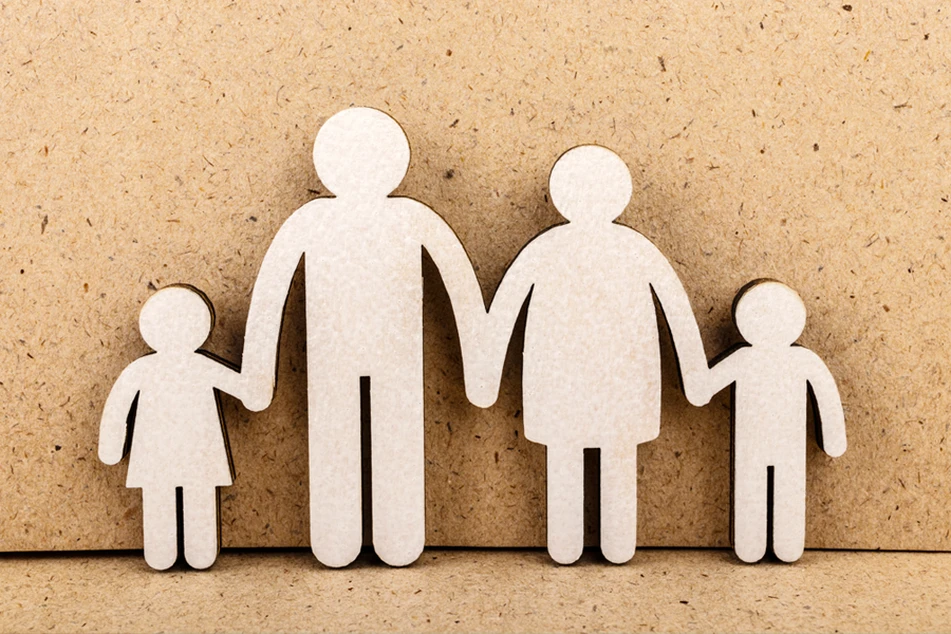Social Security rules on kids’ benefits

Caregiving parents may receive benefits regardless of their age.
While Social Security is the bedrock of retirement income for many Americans, it can also serve as a lifeline for children when one or both parents retire, become disabled or die.
Financial advisors and their clients often have questions about how and when children become eligible for benefits. In 2021, 4 million children received a total of $2.8 billion in Social Security benefits.
Generally, children may receive Social Security dependent benefits if they are younger than 18 and their parent is receiving retirement or disability benefits or dies. Benefits normally stop when children reach age 18 unless they are disabled. However, if the child is still a full-time high school student at age 18, benefits will continue until the child graduates or until two months after the child turns 19, whichever is first.
Disabled adult children who were disabled before age 22 can receive dependent benefits for the rest of their lives.
The child’s benefit is worth up to half of the parent’s full retirement or disability benefit amount or 75% of their late parent’s basic Social Security benefit when a parent dies. An eligible child can be your biological child, adopted child, stepchild or, in some cases, a dependent grandchild if the child’s parent is deceased or otherwise not able to care for them.
EARNINGS CAP
Benefits paid for your child will not decrease your retirement benefit. In fact, the value of the benefits they may receive, added to your own, may help you decide if taking your benefits sooner may be more advantageous. However, anyone who claims Social Security benefits before their full retirement age and who continues to work is subject to an earnings cap that can temporarily reduce or even eliminate their benefits and those of their dependents.
An advisor from North Carolina wondered if his client, a small business owner with a $300,000 annual income, should claim Social Security now at age 63 to trigger a dependent benefit for his 14-year-old daughter. The client hoped to use the dependent benefits to help fund her future college education.
I told the advisor that his client makes too much money to claim Social Security benefits before his full retirement age of 67. His current earnings would wipe out all his retirement benefits as well as any dependent benefits for his daughter.
In 2023, anyone who claims Social Security before their full retirement age is subject to an annual earnings cap of $21,240. Benefits are reduced by $1 for every $2 earned above that limit. The limit is based on gross wages or net self-employment income.
The earnings cap disappears at full retirement age, and any benefits lost due to excess earnings are restored in the form of higher monthly benefits. But by the time the client reaches his full retirement age of 67 in four years, his daughter will be 18 and too old to qualify for dependent benefits.
Another advisor shared a tragic story about his own family. He said his daughter was married for two years before divorcing and has a four-year-old son. Her ex-husband died unexpectedly. The advisor wondered whether the child was eligible for survivor benefits. The answer is yes. The child is eligible for survivor benefits worth 75% of his father’s basic benefit every month until he turns 18.
CAREGIVING PARENT
And I was able to offer some other good news. Although the young mother was not married for the minimum 10 years required to be considered an eligible divorced spouse, which would allow her to claim future retirement benefits on her former spouse’s earnings record if larger than her own, she is entitled to benefits as a caregiving parent until her son turns 16. But she is also subject to earnings restrictions if she works.
Although most widows, widowers and surviving ex-spouses must wait until at least age 60 to claim survivor benefits, a parent of any age may be eligible for benefits if they are caring for a child under age 16 or a disabled child of any age.
There’s a limit to how much any one family can receive in Social Security benefits. The family maximum payments range from 150% to 180% of the parent’s full benefit amount. If the total amount payable to all family members exceeds this limit, the Social Security Administration reduces each dependent’s benefit proportionally. The worker’s retirement or disability benefit is not reduced.
(Questions about new Social Security rules? Find the answers in Mary Beth Franklin’s 2023 ebook at MaximizingSocialSecurityBenefits.com.)
Learn more about reprints and licensing for this article.








